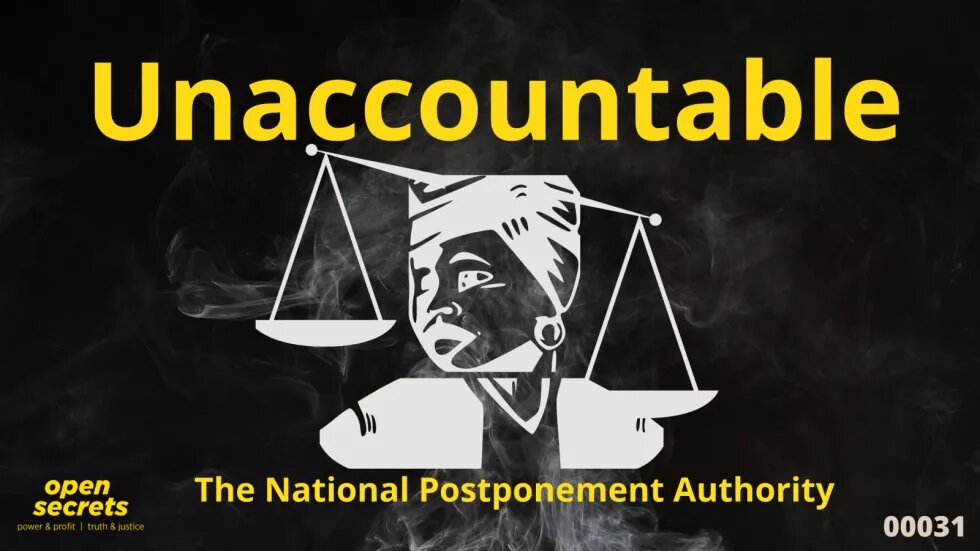Questionable decision-making, poor leadership and political interference have collapsed public trust in the National Prosecuting Authority (NPA). The current leadership at the authority, lead by Shamila Batohi, has yet to bring about change to address the wrongdoing that has left it vulnerable to corruption.

Over the past decade, the National Prosecuting Authority (NPA) has become better known for its failure to prosecute than for doing its job, particularly when it comes to high-profile corruption cases involving corporations, politicians and state officials. It is the institution that should define accountability in South Africa, but it has become one of the country’s most unaccountable agencies.
When Shamila Batohi became the National Director of Public Prosecutions (NDPP) in December 2018, her arrival promised a disruption of past mistakes and a reckoning for prosecutors accused of wrongdoing by people who had been prosecuted without sufficient evidence to support these cases. These include former KwaZulu-Natal Hawks boss Johan Booysen and former Independent Police Investigative Directorate (Ipid) head Robert McBride. A string of Batohi’s predecessors – which included the then-president Jacob Zuma’s carefully handpicked NDPPs Nomgcobo Jiba and Shaun Abrahams – had allowed questionable prosecutorial conduct within the authority and had been forced out through inquiries and court action. No NDPP has lasted a full 10-year term in office. Before Batohi’s arrival, South Africa had seen six “permanent” NDPPs since the NPA was established in 1998. An NDPP term is supposed to be 10 years. Political meddling has been a defining contributor to the instability within the NPA’s leadership.
Yet, Batohi was meant to be different. She was meant to be the NDPP who would face corruption fearlessly and return the NPA to a force of integrity that would prioritise justice in the public interest. But three years later, the NPA has yet to produce a single successful State Capture-related prosecution under Batohi’s watch.


